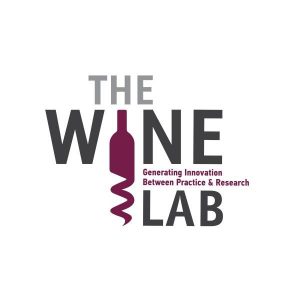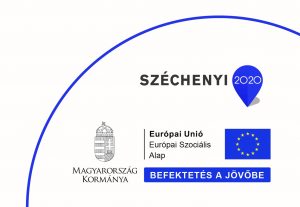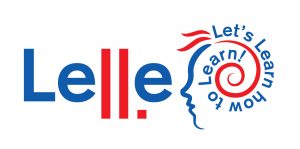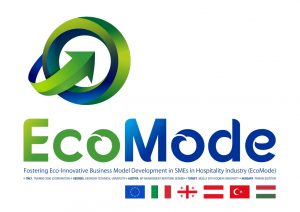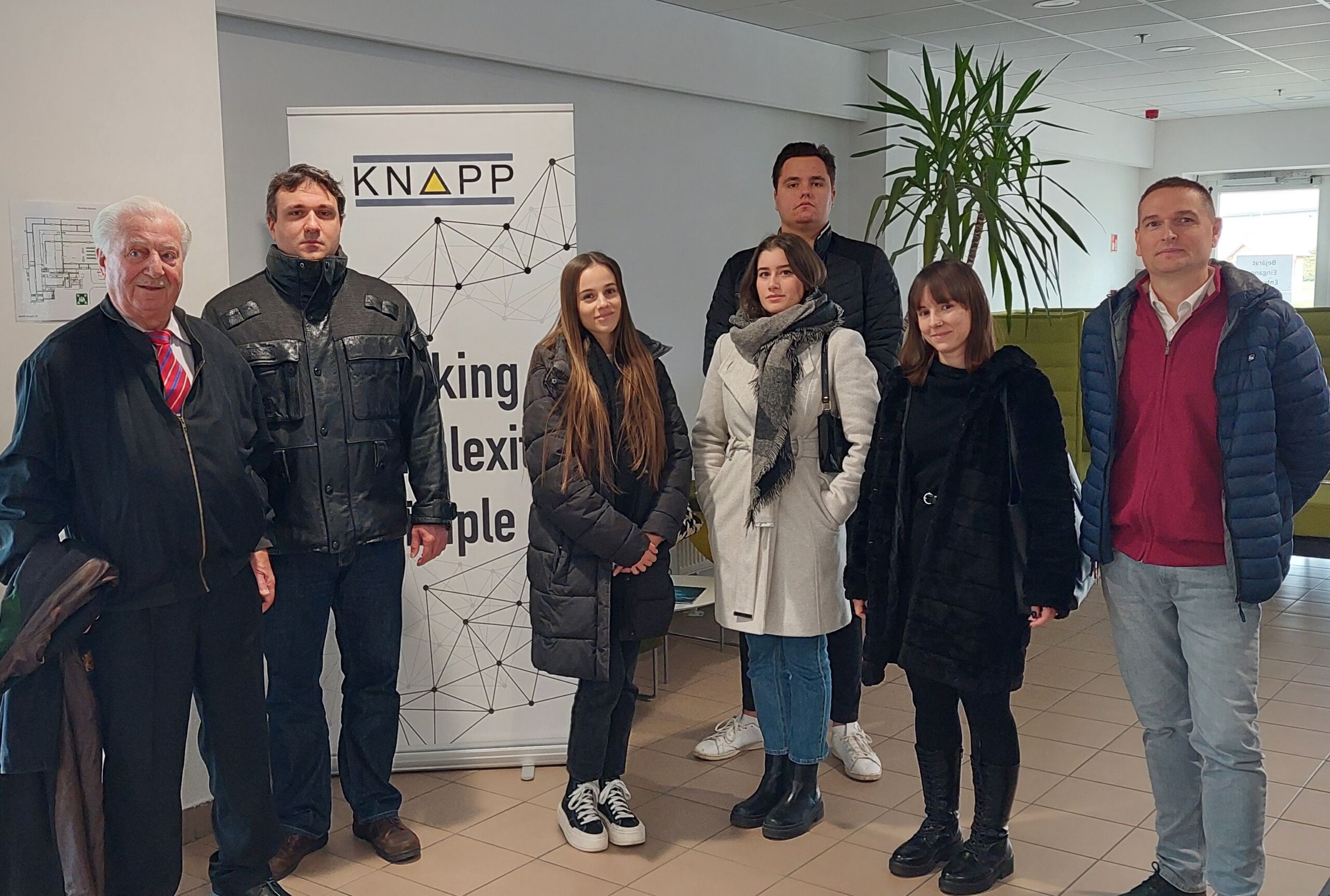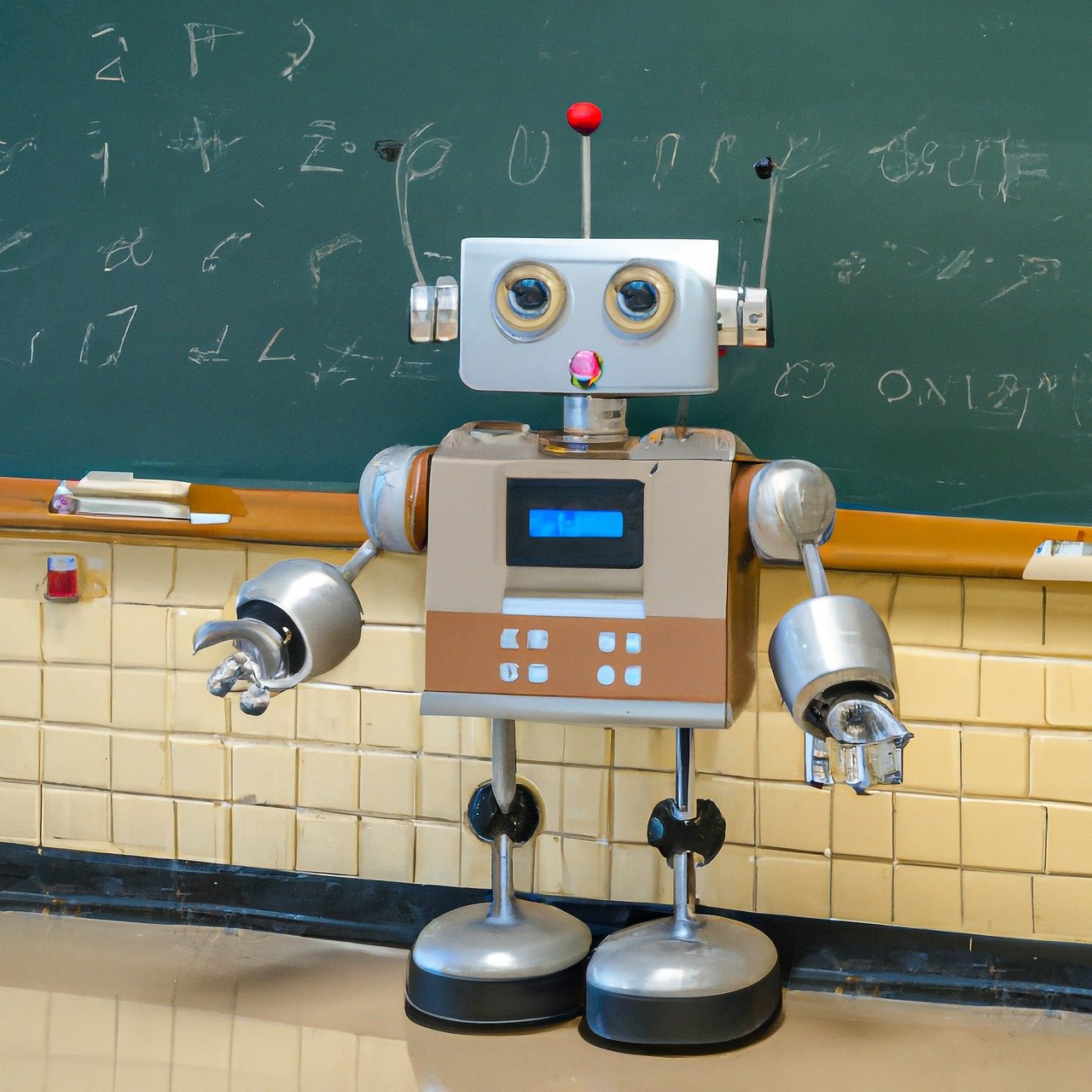 In recent years there has been a growing demand for distance learning. This is not surprising, as the ever faster pace of life forces people to plan their time as efficiently as possible. Compared to traditional education e-learning is primarily self-directed.
In recent years there has been a growing demand for distance learning. This is not surprising, as the ever faster pace of life forces people to plan their time as efficiently as possible. Compared to traditional education e-learning is primarily self-directed.
The project aims:
The main aim of the project is to support universities and academics in distance learning by developing solutions that will improve the quality of this type of education in a sustainable way. The problems experienced in the aftermath of the Covid-19 pandemic have exposed a number of weaknesses in the higher education system. This stems from weaknesses in the system in three areas:
- hardware and equipment (outdated infrastructure, poor Internet connection, overloaded networks, too many users in the same time);
- skills of academic teachers in using modern technologies;
- student behaviour – students often behave unethically during distance learning, making it impossible to assess their level of knowledge and skills.
The innovative nature of the project is reflected in its efficient and effective use of digitalisation to assess students’ competences, demonstrate knowledge and reliably evaluate the skills acquired by students. The application is a blend of different experiences in the field of distance learning, which includes the use of good and reliable solutions in this field, mainly from Scandinavian countries (Finland).
Target groups of the project:
Three main groups of project participants can be distinguished:
Decision-makers representing universities – universities will be provided with a modern digital platform to support distance learning, curricula to prepare teachers and support effective teaching, and a tool to monitor learning outcomes remotely. Decision makers will be involved as experts in the needs assessment phase of the project and in the dissemination and maintenance of the project results.
University lecturers – develop their knowledge and skills in distance learning. They are given the right tools to support the teaching process, giving them greater confidence and new opportunities to make their classes more attractive. They will be involved in primary research, in the development of a competency matrix for the selected professions, in testing the solutions with different groups of students, in communicating the results and in their long-term use.
Students – the opportunity to participate in more attractive distance learning. Competence profiles will make them better prepared for entering the labour market and ready to have their skills properly assessed – participation in primary research and testing.
Indirectly – employers and practitioners in the selected fields – participate in the development of competence profiles by giving their views.
It is assumed that at least 2000 people will benefit from or to some extent be targeted by the project activities and results. Of these, at least 1,000 will be directly involved in the project, namely a group of 600 students in the primary research (at least 100 in each country), 80 academic staff (including decision-makers, lecturers and administrative staff in higher education) and 300 participants in dissemination activities. Indirect participants are those who will be informed of the activities and results of the partnership through the various communication channels. In this way, around 1200 people will learn about the project or benefit from its results.
Partners: Wroclaw University of Economics and Business – Poland, University of West Attica – Greece, Eduko – Kouvola Vocational Institute Ltd. – Finland, University of Pannonia (Faculty of Business and Economics




Project results:
IO1: Tool for remote assessment of competencies of students of selected fields of study (01.06 2021 – 31.08.2022)
Responsible partner: Wroclaw University of Economics
The main objective of the qualitative research was to identify the competences needed and their strengths in the fields of specialisation selected and taught by the project participants. The data collected will be used to develop a tool that can be used in distance education and will be suitable for the remote assessment of students’ competences.
The two main target groups of the research:
- Academics in the higher education/vocational training sector – and those responsible for the sector, who interact with the business environment and are responsible for determining the outcomes of education.
- Practitioners – persons in a managerial position responsible for recruiting employees, assessing employees’ competencies and their level, and planning employee development.
Selected fields of study:
- Economic analysis
- Management
- Tourism
- Automotive
IO1 has been completed as planned.
Research results:
Two types of research were completed in the first phase of the project:
- Qualitative primary research in the form of individual in-depth interviews with experts specialised in the fields indicated (economic analyst, management, tourism, automotive). The research took place between November 2021 and February 2022. During the period 40 interviews (IDIs) were conducted with academics and professionals to identify the competences required.
- Quantitative primary research in the form of a questionnaire survey (PAPI) on a sample of university students in selected fields of study and adult education students (in Finland). The research took place in the period October-December 2021. During the epriod 600 completed questionnaires were processed and analysed by the researchers to map competences. During the survey, 4-5 job areas were selected per field of study, whose competence needs were mapped. Based on the results of the research, a competency matrix is used to develop modules on the specific professional knowledge and skills required in the field of study. The research has identified specific job functions per field of study, for which 4 levels of competences have been formulated to ensure a high level of performance.
The results are summarised in an expert analysis, which available here >>>
Tool for the comprehensive assessment of competency levels – Application guide >>>
Access to English version access to applications for competency assessment >>>
Scientific Article: Remote Education during the COVID-19 Pandemic in the opinion of Students (Dorota Kwiatkowska-Ciotucha, Ursula Załuska) >>>
IO2: Modern e-learning courses with training materials for academic teachers (01.10.2021 – 31.12.2022)
Responsible partner: Eduko (Kouvola Vocational Institute Ltd.)
In the wake of the Covid19 pandemic, e-learning has become the foundation of education. It promotes learning flexibility, develops students’ skills in using digital applications and prepares them for active work in a remote environment.
As part of the intellectual outcome, templates for e-learning courses that are attractive to young people and appropriate to the level of higher education will be developed by subject area, and a sample of a ready-made course will be prepared. A manual and an instructional video will be produced for university lecturers, showing how to prepare such a course.
In the framework of the project, with EU support, the partners have signed a one and a half year subscription agreement to use the Norwegian-developed digital online platform “Itslearning” (https://itslearning.com/global/), which will allow 300 students to try the system at each partner university. The IO2 project component includes training in the use of the “Itslearning” platform and didactic training in the preparation of distance learning materials. The training sessions were conducted online by the partners and the teaching material was prepared by the Finnish partner.
Manual for e-learning design >>>
IO3: A tool for remote verification of the learning outcomes of students (01.01.2022 – 28.02.2023)
Responsible partner: University of Pannonia (Faculty of Business and Economics)
In recent years there has been a growing demand for distance learning. This is not surprising, as the ever-accelerating pace of life forces people to plan their time as efficiently as possible. The most important and problematic issues arising from these circumstances include maintaining motivation and monitoring learning outcomes through distance learning. It is therefore essential to develop a solution that helps to assess students’ actual knowledge and their ability to apply it in practice, and to measure competences.
Continuous assessment is important for both teachers and students, as it indicates which skills or competences the student needs to develop. This in turn helps to focus more attention on certain elements in the teaching process.
Compared to traditional education, e-learning is mainly self-directed learning. It also requires more time for feedback from instructors and the communication channels are often different. It is therefore important that students can self-assess their skills and knowledge and use a tool that allows for self-monitoring. It is preferable to use a system that provides gamification tools to allow students to assess their progress, for example by moving on to the next level/phase of the game. Students, individually or in groups, will be able to join different games in real time or by progressing to the next level. The games should give a sense of belonging to a group/learning community and provide a sense of continuous competition (including teamwork/collaboration) and the desire to win (or simply to score points) thanks to newly acquired knowledge. Thanks to gamification, students will develop their skills and competences, and when they move to a higher level, the instructor can be sure that the teaching and didactic materials have been effective.
To explore the possibilities of gamified accountability, the partners will carry out two types of research:
- IDI: 40 students will be interviewed in person about their gaming habits (which computer games, online games they prefer and which social or point-scoring games they like to play).
- FGI: 4 groups of teachers gather their ideas and experiences on gamification in a focus group.
How to assess properly?
Regarding to the project’s intellectual output, our aim was to create a properly based and up-to-date assessment method. As proper assessment is crucial in any type of learning, it is a must to get familiar with opinions related to it. Therefore we started our work with a qualitative research in order to identify the games, tests and/or assignment types that are preferred and used in higher education. We also collected past experiences and best practices from the target groups.
To gain deeper knowledge in this topic, the following issues were discussed with the most important members of higher education, students and lecturers:
- the importance and forms of assessment;
- known used and preferred assessment methods;
- gamification;
- evaluation of different assessment methods.
The data collection methods were adapted to the needs of the target group, therefore focus group interviews were organised in case of the lecturers and individual in-depth interviews with students.
Game design
The assessment planned in the frame of the project is a simple board game-like one. The chosen type is the “Trivia Challenge”. A show-style game was created where players must answer questions about various aspects of the subject. The game can include a variety of question formats, such as simple choice, multiple choice, and true or false.
The game is designed to be used for three main reasons, these are considered as three main game-modes:
- Placement test: to be performed at the beginning of the course in order to measure the entry level;
- Self-test: students can check their progress at any time during the course. The self-test is meant to encourage continuous learning;
- Final test: in this case the game-shape test can be conducted at the end of the course to assess the learning outcomes, and may also be treated as an exam.
The board
The basic board is the same in every game-modes. It is a map of Europe showing different towns – these are the steps/fields, where questions can be addressed. This shape has the potential to create an own story behind according to the exact subject or topic the teacher wants to use it for.
However, the board itself can be slightly modified by the teacher: fields (towns) can be added, removed, or repositioned. The place where the player stands is represented by a horse – it will move according to the student’s progress.
The main advantage of this game is that it is easy: it is easy to use (by students) easy to edit (by teachers and lecturers) and easy to adapt to any given subject. Teachers and lecturers can also benefit from its different game modes: at the beginning of the course the game helps to spot the weakest points in the students’ knowledge by creating easy-to-analyse cobweb diagrams. During the course it can be used as a possibility to practice and as a test for the student to see how far he/she approached. At the end of the course, the third game mode can replace other assessment methods.
As part of the project, an interactive site has been created to allow instructors to safely test students’ knowledge even if they do not appear in person for the exam. The exam questions can be freely uploaded by the lecturer and the topic can be changed. The game is called:
Game of Towns
Available here in Hungarian language: https://intern.gtk.uni-pannon.hu/got
Partners’ own language games:
Dissemination
- Workshops
- Seminars
- Leaflets
- Newsletters
- Questionnaires
Contact:
Dorota Kwiatkowska-Ciotucha – Project Manager (dorota.kwiatkowska@ue.wroc.pl)
Main Project Office: Uniwersytet Ekonomiczny mi Wrocławiu – Sekcja Obsługi Projektów Rozwojowych
ul. Komandorska 118/120 53-345 Wrocław Poland
Project Facebook site: https://www.facebook.com/thefutureprofessionals
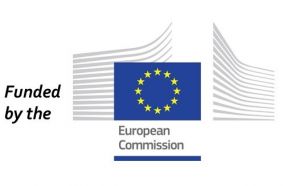





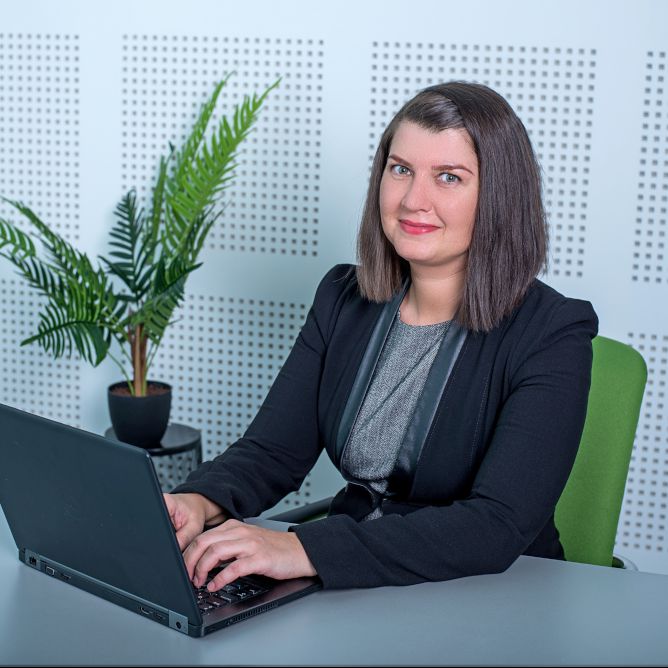
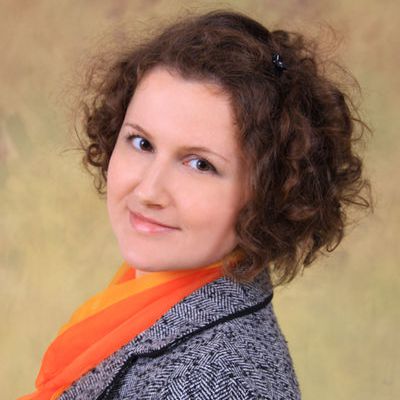
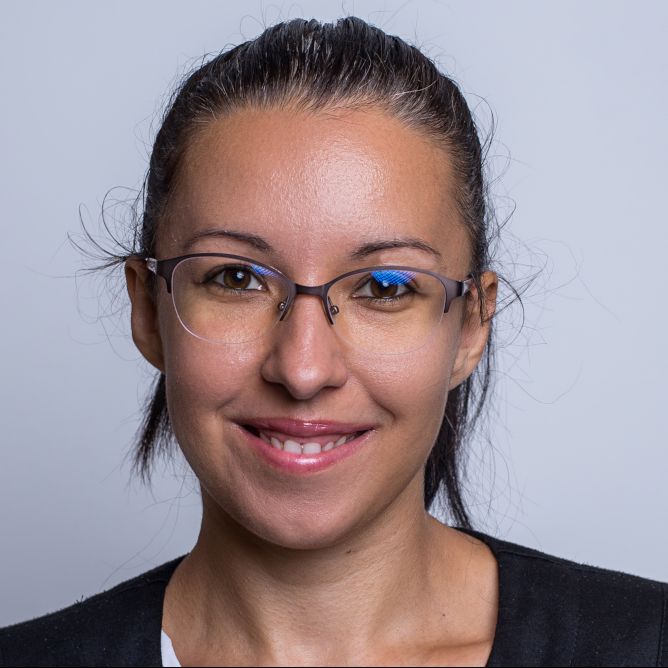


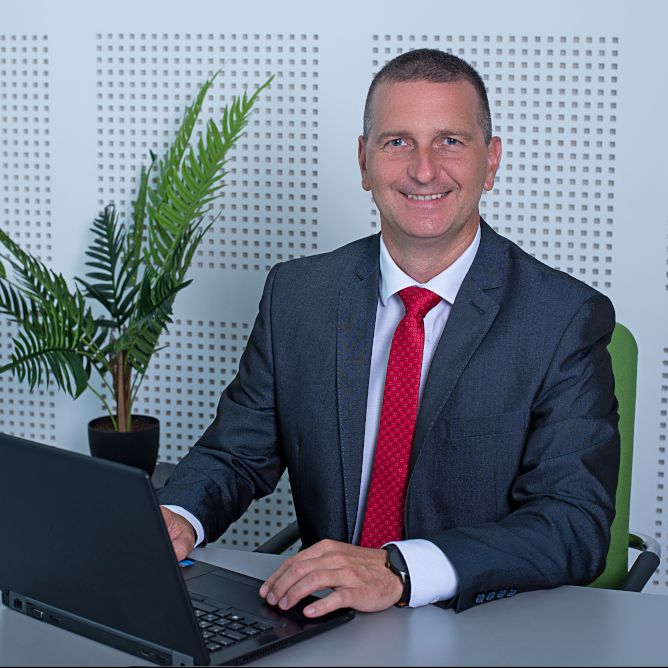

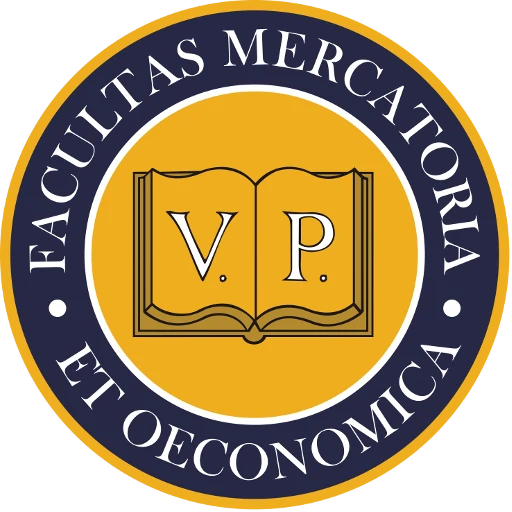










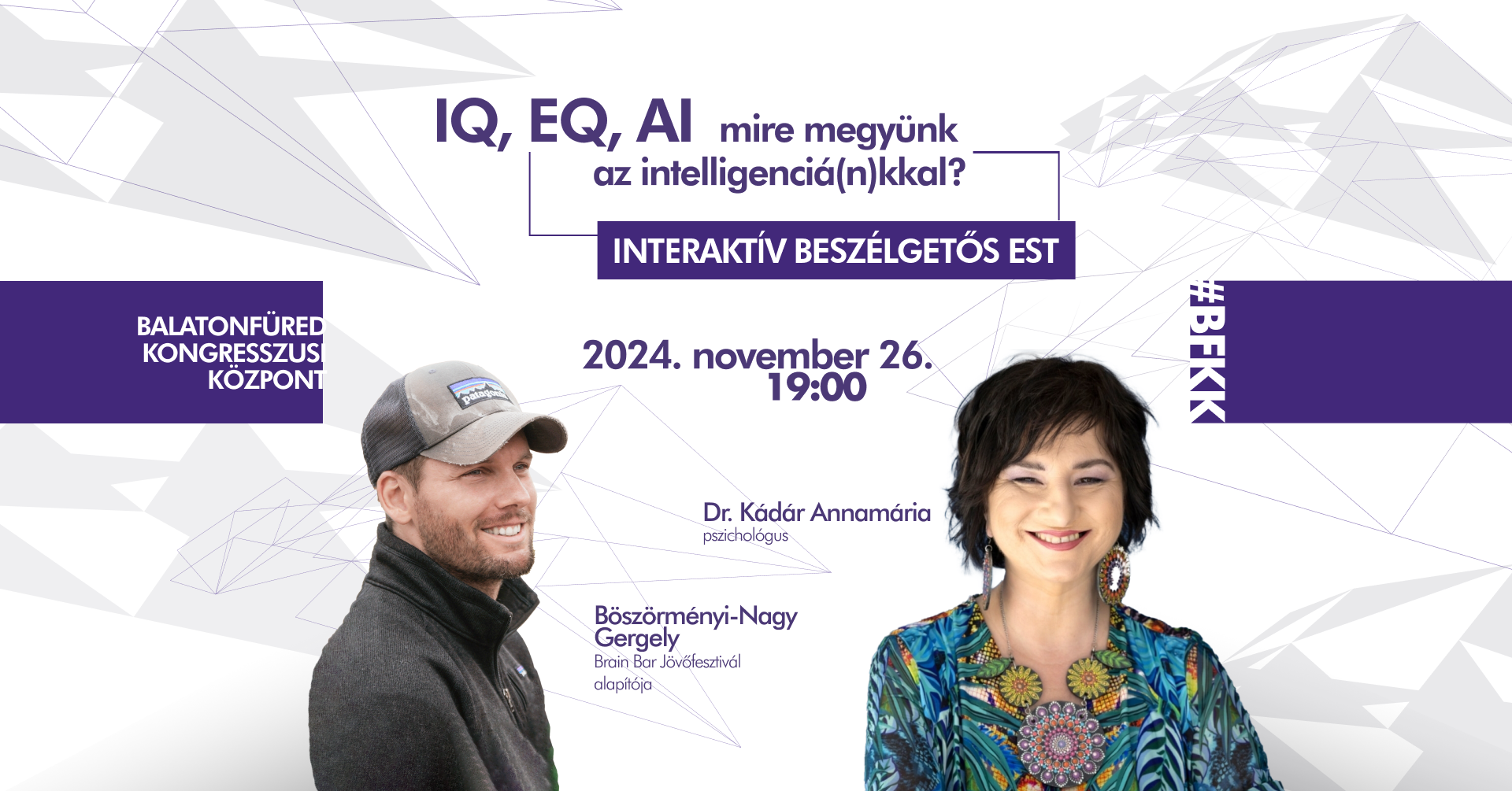


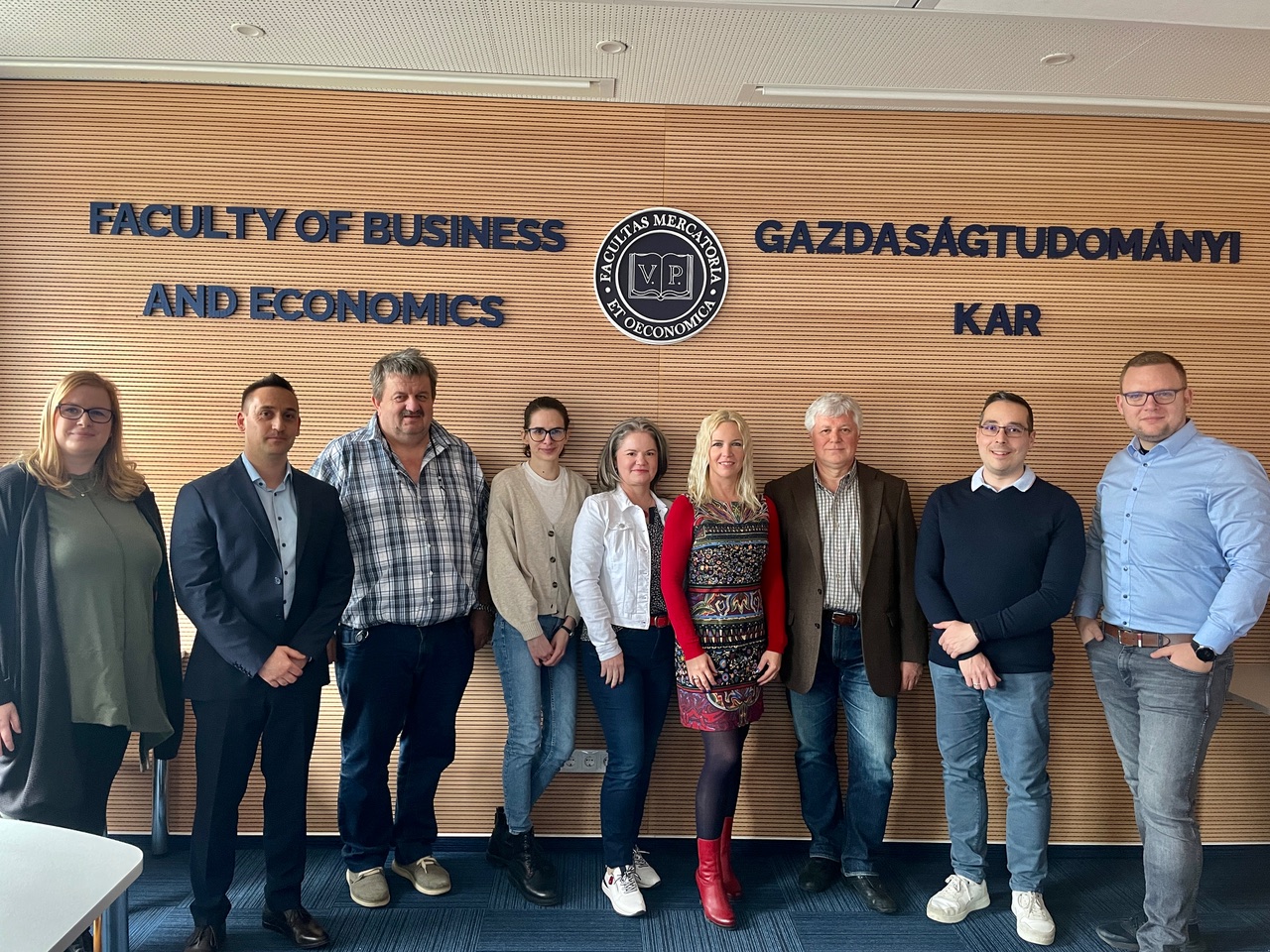

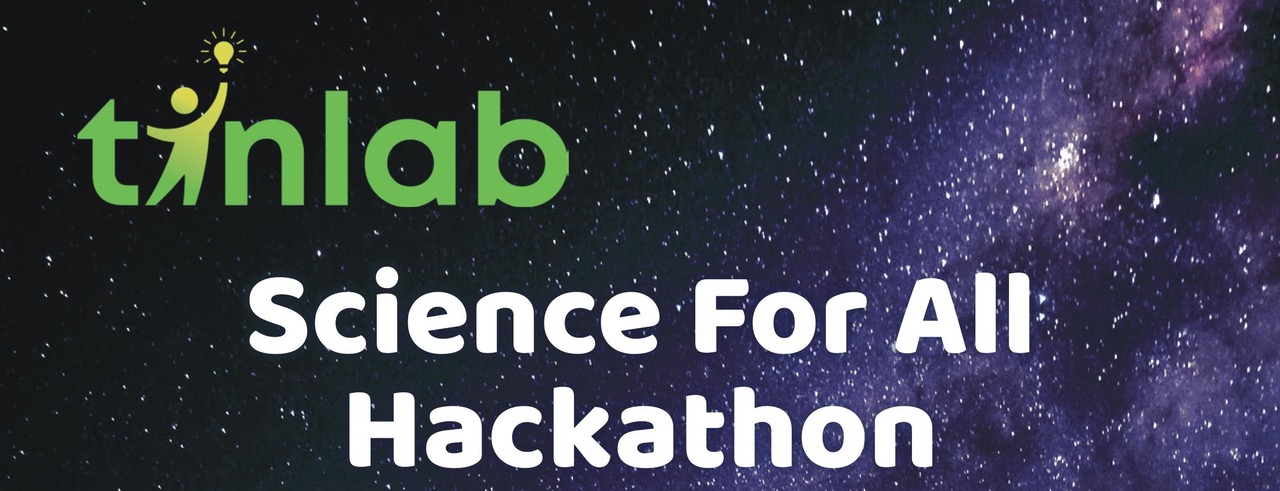


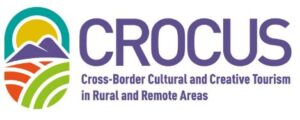
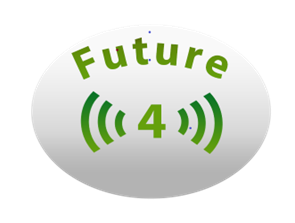 In recent years there has been a growing demand for distance learning. This is not surprising, as the ever faster pace of life forces people to plan their time as efficiently as possible. Compared to traditional education e-learning is primarily self-directed.
In recent years there has been a growing demand for distance learning. This is not surprising, as the ever faster pace of life forces people to plan their time as efficiently as possible. Compared to traditional education e-learning is primarily self-directed.


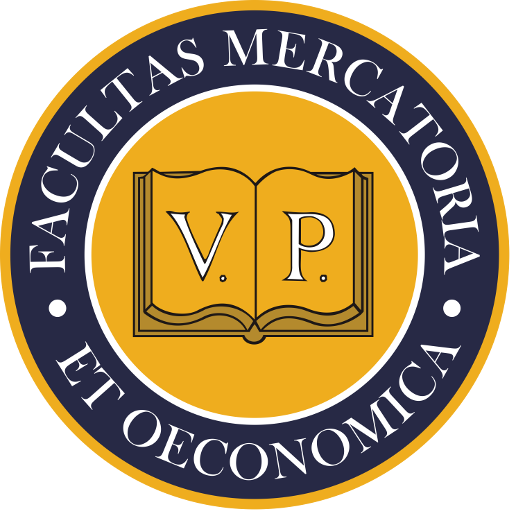

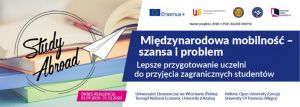
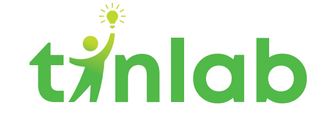 The establishment and operation of the National Laboratory for Social Innovation must be carried out in a widespread cooperation of different parties: scientific institutions (Eötvös Loránd University, University of Miskolc, Pannon University), local governments, non-governmental organizations (Harp Foundation) and economic actors. This widespread collaboration is justified by the quadruple helix model of social innovation.
The establishment and operation of the National Laboratory for Social Innovation must be carried out in a widespread cooperation of different parties: scientific institutions (Eötvös Loránd University, University of Miskolc, Pannon University), local governments, non-governmental organizations (Harp Foundation) and economic actors. This widespread collaboration is justified by the quadruple helix model of social innovation.